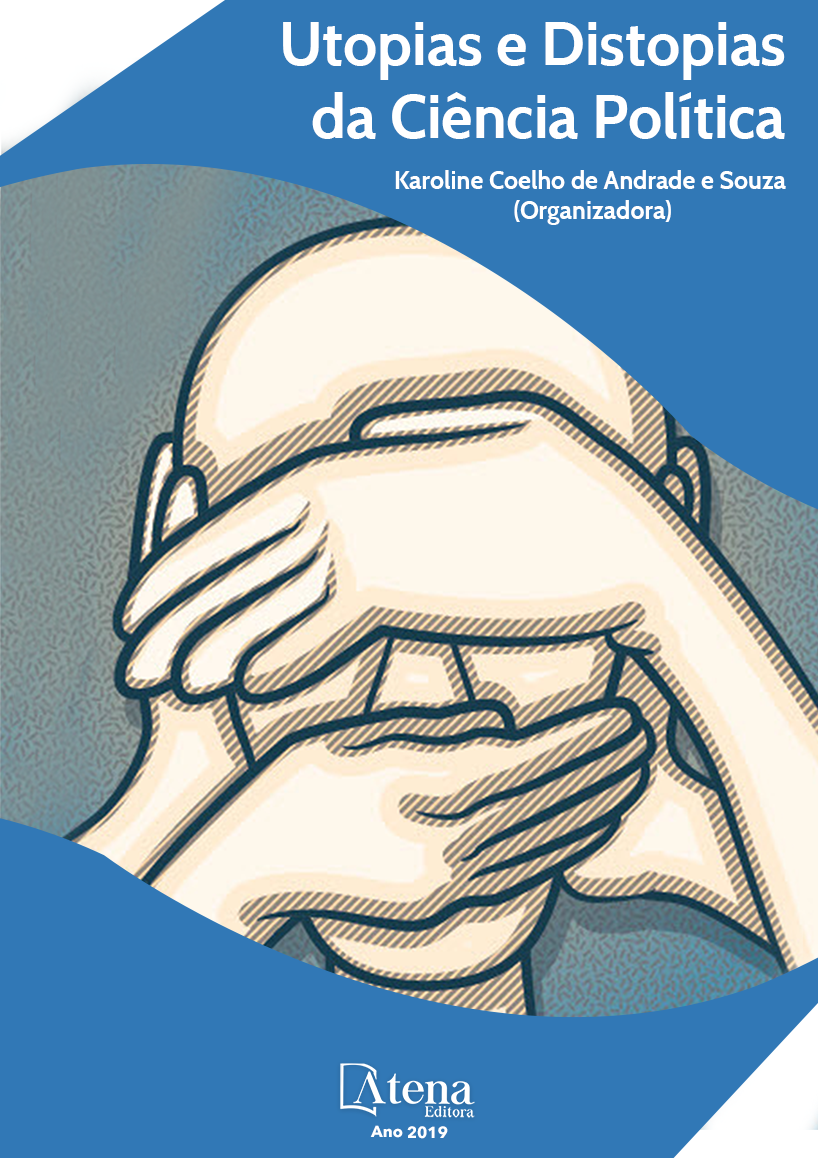
POLÍTICA DE ASSISTÊNCIA SOCIAL: processo de implantação na Região Fronteira Noroeste do Rio Grande do Sul
Este artigo busca proporcionar
subsídios para uma reflexão acerca da
implantação da Política Nacional de Assistência
Social (PNAS) nos espaços locais. Fruto de uma
dissertação de Mestrado em Desenvolvimento
e Políticas Públicas, o texto representa um
recorte com alguns dos resultados obtidos
pela pesquisa, a qual buscou compreender
o processo de implantação da PNAS nos
municípios da região Fronteira Noroeste do Rio
Grande do Sul através da análise dos princípios,
das diretrizes, das estruturas e das formas de
gestão.Com base nos princípios e categorias do
método dialético crítico, a pesquisa concentrou
seu foco na resposta dada por quatro municípios
de grande influência no COREDE Fronteira
Noroeste, escolhidos principalmente a partir
do porte populacional e do nível de gestão do
Sistema Único de Assistência Social (SUAS):
Santa Rosa, Três de Maio, Horizontina e Santo
Cristo.Na sequência apresenta-se uma breve
retomada do percurso traçado pela política
de assistência social no Brasil e algumas das
principais constatações feitas pela pesquisa.O
resultado deste processo aponta as fragilidades
presentes principalmente no município de
gestão básica e as limitações vivenciados pelos
municípios de pequeno porte I e II, mas também
as possibilidades de efetivação da política por
meio da criação de estruturas, da melhoria
dos espaços físicos e da desprecarização
dos vínculos dos trabalhadores do SUAS.
Possibilidades que encontram maior viabilidade
nos municípios que assumem a gestão plena e
ocorrem com maior rapidez em municípios de
maior porte.
POLÍTICA DE ASSISTÊNCIA SOCIAL: processo de implantação na Região Fronteira Noroeste do Rio Grande do Sul
-
DOI: 10.22533/at.ed.2701916095
-
Palavras-chave: Política Pública. Assistência Social. Municípios
-
Keywords: understand the PNAS implementation process in the municipalities of the Northwest Frontier region of Rio Grande do Sul through analysis of the principles, guidelines, structures and forms of management.Based on the principles and categories of the critical dialectical method, the research focused its attention on the response given by four municipalities of great influence in COREDE FronteiraNoroeste, chosen mainly from the population size and level of management of the Single System of Social Assistance (SUAS): Santa Rosa, Três de Maio, Horizontina and Santo Cristo. Following is a brief resumption of the course outlined by the social assistance politic in Brazil and some of the main findings made by the research. The result of this process, points out the weaknesses present mainly in the municipality of basic management and the limitations experienced by small municipalities I and II, but also the possibilities of effective politic through the creation of structures, the improvement of physical spaces and the ties of SUAS workers. Possibilities that find greater viability in the municipalities that assume the full management and occur more quickly in larger municipalities.
-
Abstract:
This article seeks to provide
support for a reflection on the implementation
of the National Social Assistance Politic (PNAS)
in local spaces. Resulting of a Master’s thesis
on Development and Politics Public, the text
represents a clipping with some of the results
obtained by the research, which sought to understand the PNAS implementation process in the municipalities of the Northwest
Frontier region of Rio Grande do Sul through analysis of the principles, guidelines,
structures and forms of management.Based on the principles and categories of the
critical dialectical method, the research focused its attention on the response given
by four municipalities of great influence in COREDE FronteiraNoroeste, chosen
mainly from the population size and level of management of the Single System of
Social Assistance (SUAS): Santa Rosa, Três de Maio, Horizontina and Santo Cristo.
Following is a brief resumption of the course outlined by the social assistance politic in
Brazil and some of the main findings made by the research. The result of this process,
points out the weaknesses present mainly in the municipality of basic management and
the limitations experienced by small municipalities I and II, but also the possibilities of
effective politic through the creation of structures, the improvement of physical spaces
and the ties of SUAS workers. Possibilities that find greater viability in the municipalities
that assume the full management and occur more quickly in larger municipalities.
-
Número de páginas: 15
- Edemar Rotta
- ANA SABINA MANTEY


